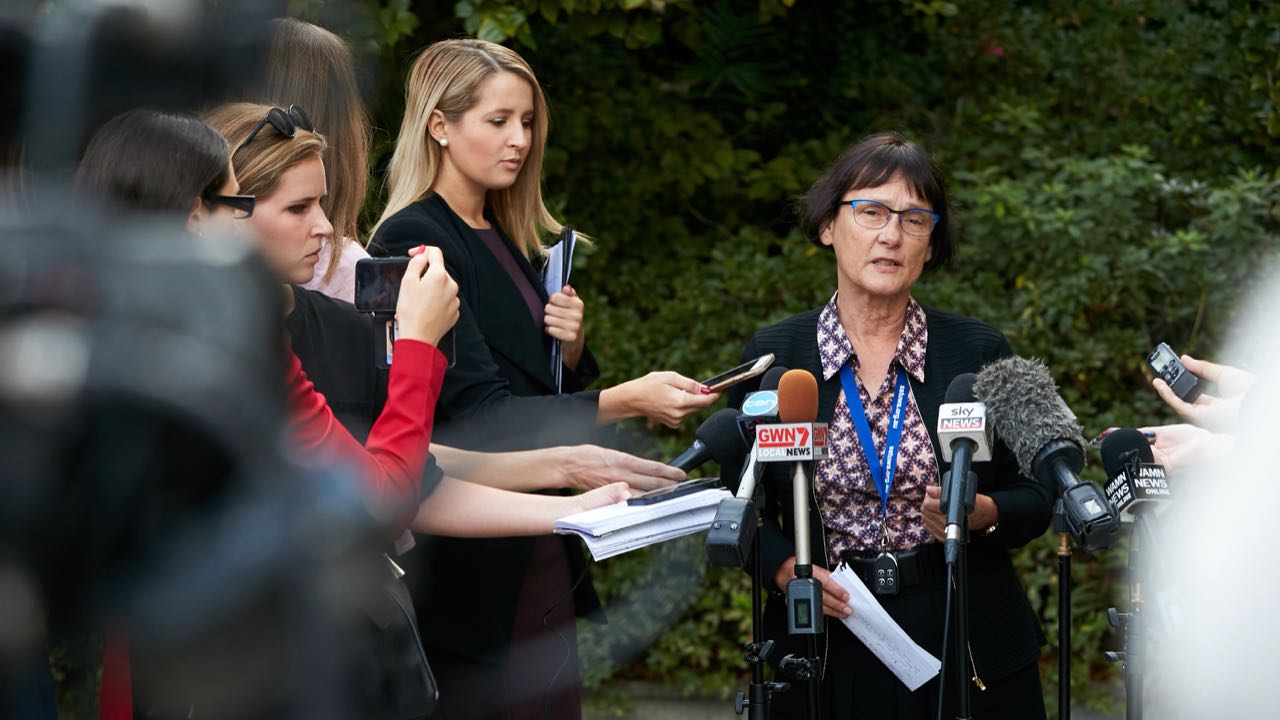Media Relations Strategy
ReGen Strategic’s team of award-winning former journalists works with your organisation to develop media strategy, build relationships and shape conversations about the issues that matter.
Our media relations offering encompasses proactive and reactive media relations strategy, including developing media releases, pitching stories, managing press conferences and planning media events.
The Importance of Media
Traditional forms of media continue to play an important role in shaping public opinion and affecting change. While emerging social and digital media platforms provide new opportunities to communicate with people, traditional media largely sets the agenda.
Organisations and individuals who require visibility and influence should prioritise the use of traditional media as a key part of their communication strategies.
However, the traditional media landscape continues to evolve, and a lot more thought and planning is required to cut through. Understanding how to capture that attention and help journalists do their jobs, while meeting your objectives, is becoming an increasingly important and specialised skill.
The Need for Media Strategy
An important part of a media relations strategy is understanding clearly what is and isn’t news. News covers a broad range of topics. Generally, news organisations are most interested in stories that could impact their audiences. The more they matter to people, the more interested people are. Audiences are particularly interested in events that could affect their finances, health, safety and lifestyle. Other factors that can increase the newsworthiness of a story are timeliness, impact, scope, threat and uniqueness.
A proactive media relations strategy is about strategically alerting media to issues important to your organisation. The benefits include:
- Getting your message across
- Being on the front foot
- Having time to plan
- Having a release strategy
- Having more control over the information being released
- Providing an element of surprise
- Offering exclusives
- Finding the right case study for an issue

Proactive Media
With a diverse and contemporary background in television, radio, print and online news, our team understands what is needed to maximise coverage and shape your organisation’s narrative as part of a proactive media relations strategy.
This includes the development of media releases that align with agreed messaging and get the attention of journalists in a rapidly changing media environment.
Maintaining trusted relationships with journalists and editors across major publications, ReGen’s media relations team has the knowledge to identify the right journalist for your story and the credibility to ensure the pitch receives due consideration.
For bigger stories, ReGen is experienced in the successful planning and delivery of media events, accounting for the broader news context and collaborating with partner organisations or government as needed to maximise media interest.
Reactive Media
Reactive media when the stories come to you. You might be contacted for comment because a journalist believes you have something to say on the issue because it is either directly related to your organisation or would affect your stakeholders.
Reactive media responses need to be well informed about what has already been said about the issue, well researched and timely – or you could miss your opportunity to have your say.
When reactive media opportunities arise, ReGen manages requests for comment from journalists, advises on crafting the response, briefs your organisation’s spokesperson ahead of interviews and attends press conferences to provide support.
Media Training
If your organisation’s leaders are just beginning their journey in the media or simply need to refine their approach, ReGen offers comprehensive media training. This includes how to craft key messages, interview best practice and a simulated press conference and/or radio interview to practice and reinforce the lessons in the training.
ReGen’s media relations strategy service is provided as both a standalone service, and as a part of a broader communication strategy.
 ReGen Strategic
ReGen Strategic